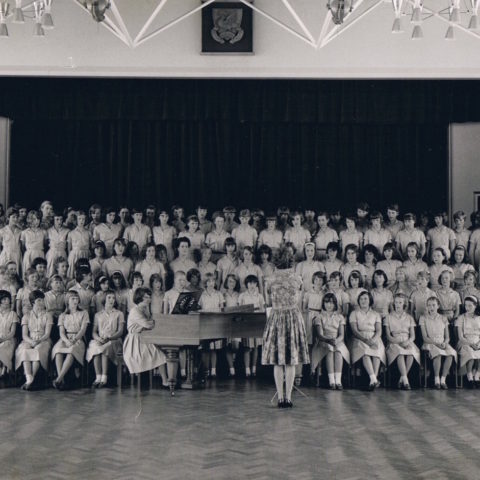This paper uses examples from two comparative education texts published by the International Bureau (IBE) at Geneva, The Status of the Married Woman Teacher (Gampert 1933) and The Organisation of Public Education (Jackiel and Schatzmann 1933), to explore how processes of abstraction and comparison constitute practices that synchronise multiple temporalities of past, present and future and work to fabricate particular kinds of pupils and teachers. I draw on Jordheim’s (2014) argument that multiple times have been compared, unified, and adapted by through conceptual and material practices of synchronisation, inspired by but by no means reducible to chronology, which give rise to homogenous, linear and teleological time. This is the temporality identified as ‘modern’ that characterises the academic time of schooling (Viñao 2013) and the secular time imbricated in the fabrication of the cosmopolitan child (Popkewitz 2012).
The two IBE texts operate through an interwar ‘synthetic’ approach to research data that lays out standardised summaries of information in ways that prefigure forms of contemporary comparative education data today. Each country’s numeric and qualitative data (and spatial data in Jackiel and Schatzmann) is presented alphabetically and under systematic headings but without comment, an approach to objectivity as strategy through which the IBE claimed political neutrality. The paper uses process philosophy (Whitehead 1929; Langer 1953) and Barad’s (2007) notion of the ‘researcher cut’ to unpack abstraction as process and practice of synchronisation that freezes temporally what is movement comprising multiple temporalities and spatialities, while also setting in train movement with the potential for engendering new futures. The paper concludes that while abstraction synchronises forms of temporality linked to the fabrication of particular kinds of students and teachers, a process approach demonstrates the potential for practices of abstraction to also engender futures based on temporalities that Grosz (1999) frames as indeterminate.
Joyce Goodman, Temporalities and Texts: Abstracting as Practice of Synchronisation, syposium presentation, ECER 2018 Free University Bolzano, Italy 4-7 September 2018
